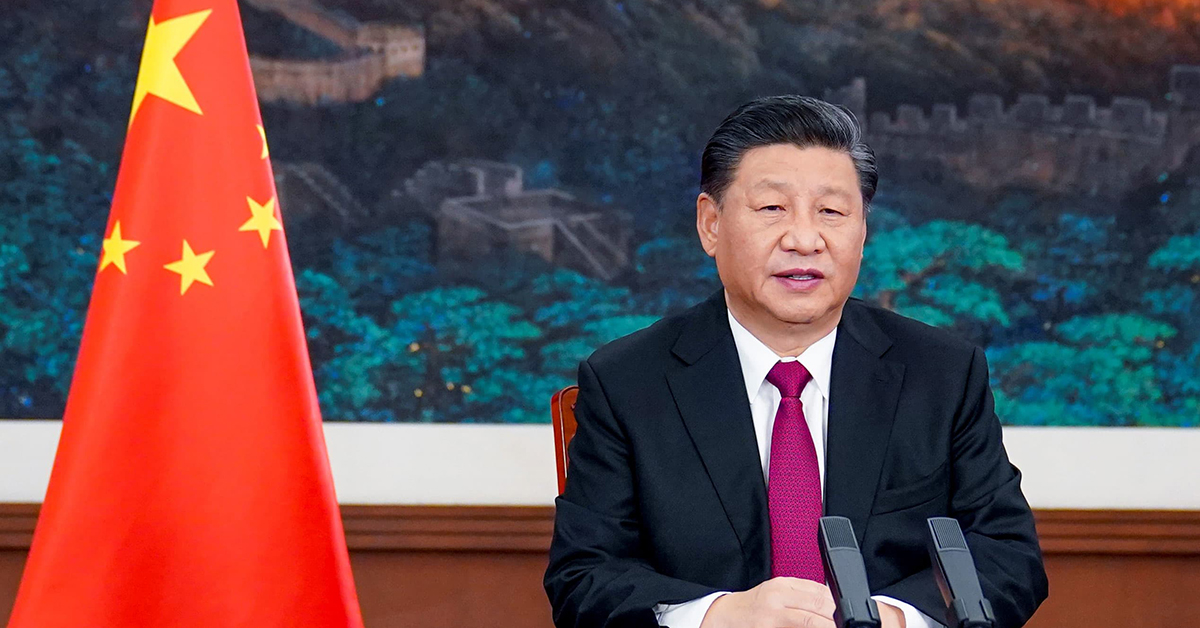Recent evidence of Christine Lee’s efforts to influence parliamentarians like Labour MP Barry Gardiner and Lib Dem leader Sir Ed Davey sent shockwaves across the UK. Despite assurances from the Home Secretary that the UK has “measures in place to identify foreign interference,” this case unequivocally demonstrates these are not up to par. Unfortunately, we are only scratching the surface of the extent of Chinese interference in the UK.
To understand the sophisticated nature of these influence operations, the UK ought to look to the country that best understands them: Taiwan. The island’s experience in countering ‘united front work’ – the Maoist concept underpinning these influence operations – dates back to China’s Civil War in the 1930s. More recently under Xi Jinping, the goals of united front work towards Taiwan include persuading Taiwanese citizens to support the island’s unification with China as well as undermining Taiwanese democracy. These incursions have only grown more pervasive during the COVID-19 pandemic with Taiwan currently ranking as one of the countries most inundated with disinformation and cyber-attacks according to the Digital Society Project. However, despite these efforts, Taiwan’s civil society and institutions have not only remained largely opposed to the idea of unification with China, but have also become even more committed to the path of democracy.
As part of the transition from authoritarianism to democracy, Taiwan retooled its political commissar system (zheng wei 政委) – formerly responsible for policing political loyalty toward the regime – into an institution that safeguards democracy by working to identify Chinese influence at all levels of Taiwanese politics and society. Political commissars (PCs) not only receive extensive military training but also develop a deep understanding of the Chinese Communist Party’s political warfare tactics. Most major government departments and private sector organisations in Taiwan will have PCs operating within their ranks, monitoring and reporting evidence of foreign interference. As many democracies facing Chinese influence and interference do not have such well-established systems in place, Taiwan’s zheng wei system may provide a starting point for how anti-foreign influence institutions can work effectively within democratic societies.
Taiwan is also pioneering pro democratic open-source governance (OSG) digital platforms and tools that have contributed to its overall strategy to combat Chinese influence. For example, the OSG platform ‘g0v’ developed the tool ‘CoFacts’ which enables users to check for disinformation in messaging apps by cross-referencing information and links across a variety of reliable news outlets. OSG tools have also improved public confidence in the current administration’s handling of the pandemic, a result which undermines the central goal of Beijing’s disinformation: to erode public trust in the government. For instance, as disinformation from PRC outlets targeted the Taiwanese government’s handling of the pandemic, a member of ‘g0v’ created an app for Taiwanese citizens to track the availability of face masks at nearby convenience stores. The government improved the efficiency of the app by granting developers access to data from Taiwan’s National Health Insurance database, a move which also undoubtedly enhanced public trust in the Taiwanese government.
The UK government has already warned there will be more agents like Christine Lee. Stronger laws to combat foreign interference is a step in the right direction. However, legislation can only go so far. Laws must also be underpinned by institutions and platforms that are not only anti-interference but also actively democratic. Taiwan therefore presents valuable lessons for democracies facing interference from China in the years to come.
This article gives the views of the author, and not the position of the China Foresight Forum, LSE IDEAS, nor The London School of Economics and Political Science.
Zhōngguó Shíkè 中国时刻 (China Moments) are short comments which respond to current affairs reporting on China’s domestic and foreign policy.
The blog image, “A prayer for england” by lanier67 is licensed under CC BY-NC-ND 2.0.





